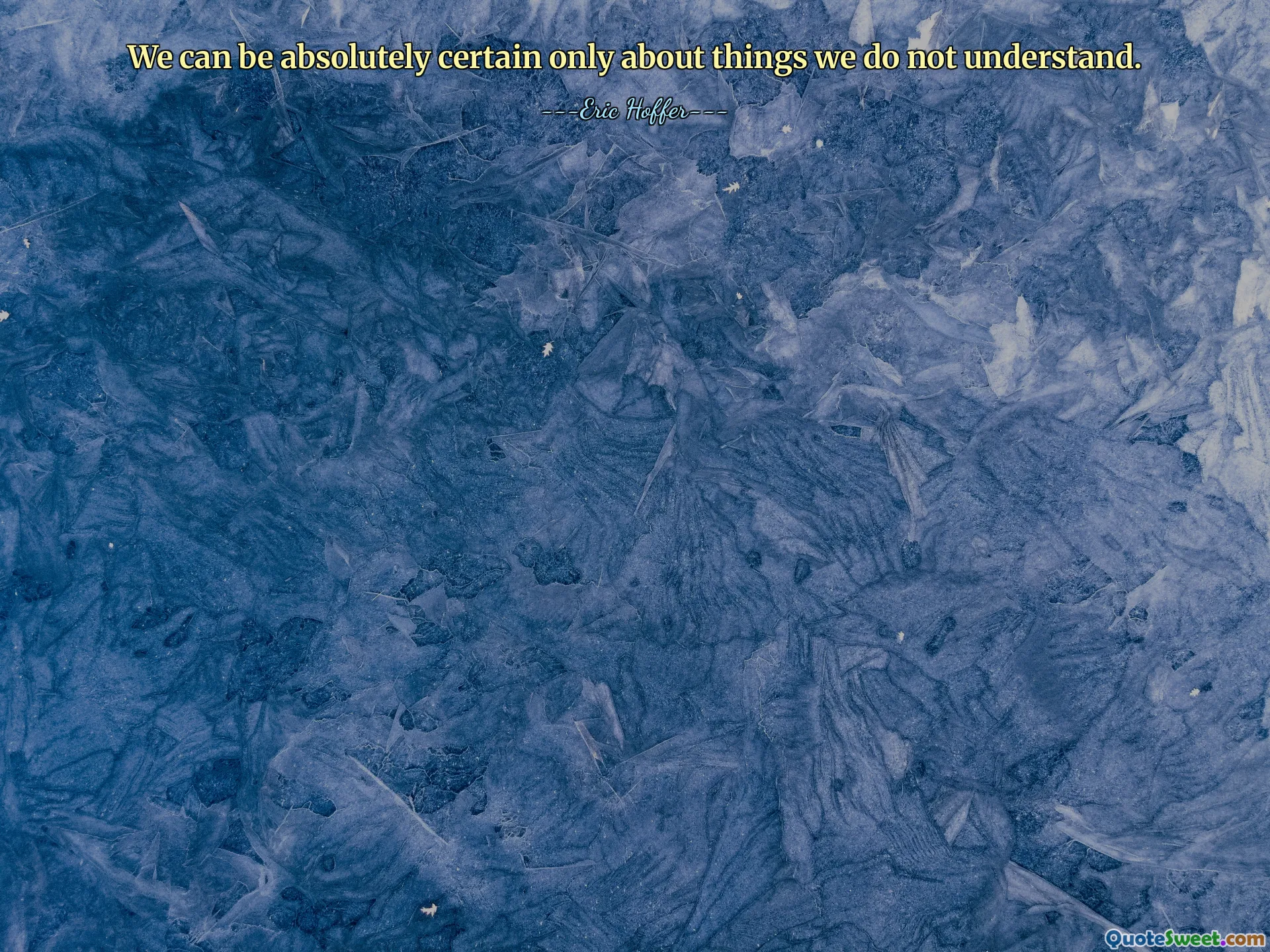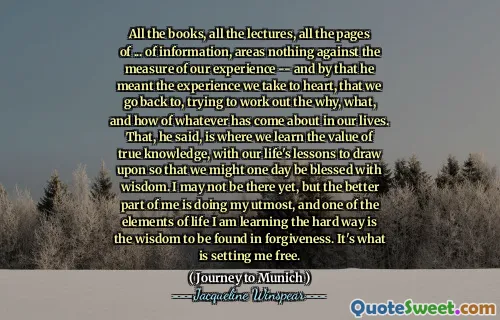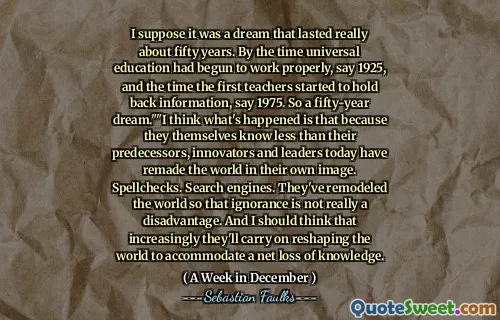
We can be absolutely certain only about things we do not understand.
This quote by Eric Hoffer highlights a profound paradox about human perception and knowledge. It suggests that the things we truly understand are often complex, nuanced, and filled with uncertainties, making absolute certainty elusive in our grasp of them. Conversely, the areas of complete certainty tend to be those beyond our comprehension—concepts or phenomena that are inherently inscrutable or outside the realm of human understanding. This idea challenges the common assumption that certainty equates to understanding, prompting us to recognize the limits of our knowledge and the humility we must adopt when confronting complex truths.
In everyday life and scientific pursuits alike, this perspective can serve as a reminder that humility is essential. When dealing with intricate systems—be it in physics, medicine, or social sciences—our confidence should be tempered with an acknowledgment of what we do not fully grasp. Often, overconfidence in our understanding leads to oversimplification and errors, as we might prematurely discount the nuances or the unknowns that could fundamentally change our perceptions.
Furthermore, this quote can also be seen as a commentary on human cognition. Our mental models are inherently limited, and the more we explore, the more the boundaries of our knowledge expand, yet simultaneously reveal how much remains outside our comprehension. It pushes us to accept that our certainty about ignorance is a form of knowledge itself—knowing what we do not understand. Embracing this mindset fosters curiosity rather than complacency and encourages continuous learning.
Ultimately, recognizing that absolute certainty lies in our ignorance invites humility, inspires exploration, and encourages a respectful approach to complex realities. It reminds us that the pursuit of understanding is a lifelong journey, one in which certainty about the unknown is the only absolute we can confidently hold.








